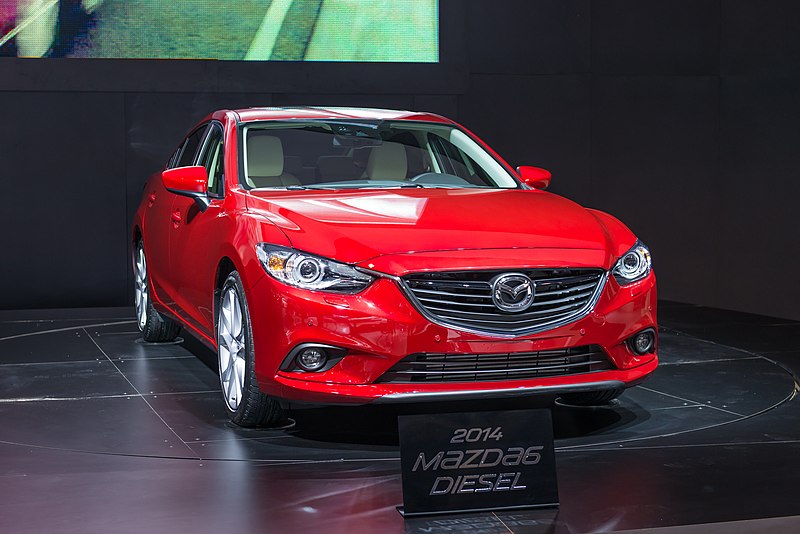Nearly everyone has to make this choice at some point in their lives. Very often, people decide what kind of car they want even before they are ready to make their first purchase. If you’re trying to buy your next car and can’t decide which engine type you like better, we can help you decide. We’ll examine the differences between the two engine types in different categories, such as fuel efficiency and overall running costs.
Fuel efficiency
Diesel engines have a higher fuel efficiency than petrol engines. They consume up to 20% less fuel, which means you won’t have to visit the gas station as frequently. If you’ve owned a petrol car before, you’ll appreciate the difference even more. Every part of the diesel engine’s performance consumes less fuel, from idling to full operation.
One of the reasons the diesel engine can consume less fuel is that diesel fuel can be ignited more easily than petrol. Also, diesel engines have higher compression ratios, and they can do more work per cycle. Petrol, on the other hand, is less combustible, and thus, produces less energy per combustion cycle. Your car would consume more petrol to produce the same amount of work as diesel.
Conversely, even though diesel engines are more fuel-efficient, diesel is more expensive than petrol. While you might get more mileage for the same quantity of petrol, you’d pay more money to buy it. Generally, you need to have more mileage to really enjoy the fuel benefit of diesel engines.
Running costs
Even though you’d save money on fuel with a diesel engine, the operating costs may wipe out your savings. Repairing a car with a diesel engine is more expensive than the petrol variant. Diesel engines need to be manufactured with higher standards because they need to withstand the high compression rate of gases during combustion. This makes their parts more expensive to manufacture and equally as costly to repair and maintain. You can expect to spend more when you buy injection pumps on your diesel engine car, as opposed to one with a petrol engine.
Environmental impact
You’ll be glad to know that if you drove a diesel engine car, your CO2 emissions will be lower than if you drove a car with a petrol engine. It all links back to the combustion of fuel. Because petrol engines consume more fuel, they emit more gases. However, it’s also interesting to note that while diesel engines produce less CO2, the gases that emit have been linked to breathing disorders like asthma.
Driving experience
Both car engine types have their perks when it comes to the driving experience. Diesel cars have more low-speed torque, which means they have more power. When you’re behind the wheel of a diesel-powered car, you can overtake other drivers more easily. They are also better at towing other vehicles if the situation ever arises.
On the other hand, petrol cars are less noisy than diesel cars. Petrol combustion is less violent, and so, you’re going to enjoy a smoother ride when you’re driving a petrol-powered car.
Generally speaking, no engine type may be better than the other. It all boils down to your preferences and your unique situation.


